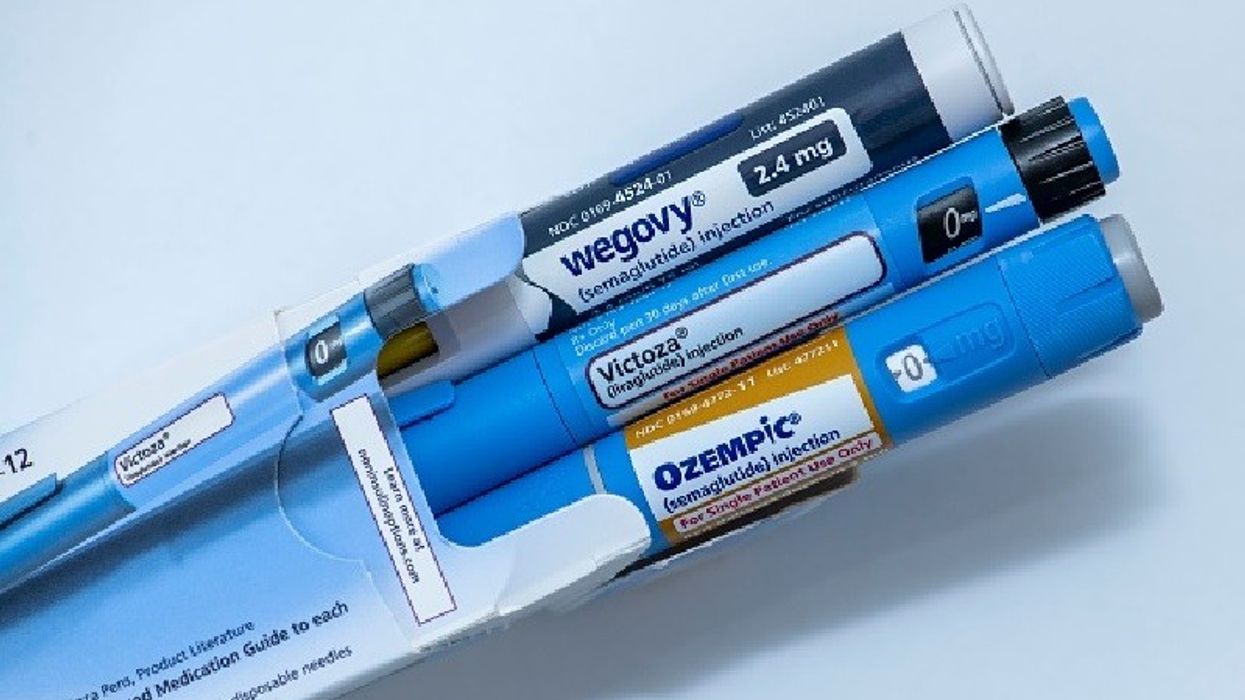Four companies are expected to have UK marketing authorisations for generic weight loss medicines following the expiry of liraglutide's patent
The British Generic Manufacturers Association (BGMA) has stated that while the genericisation of GLP-1 weight loss medicines can potentially deliver important public health benefits, including improved access to treatments and cost savings, it must be done in “a responsible way.”
In a report released on Thursday, the trade body representing off-patent medicines outlined four key recommendations for policymakers, payers, and regulators to consider as these medicines become more widely available, aimed at supporting “safe and sustainable growth.”
First, it recommended that generic weight loss medicines remain prescription-based and not be made available as over-the-counter (OTC) products.
“This should be the case whether they are obtained privately through a high street pharmacy, a solely online pharmacy for example, or prescribed via the NHS,” the trade body noted, urging sellers to ensure that patients have regular GP consultations and can report any concerns.
Secondly, the BGMA urged the government and the NHS to clearly communicate to patients that these medicines are “to be taken as part of a broader focus on improved diet and increased exercise.”
It emphasised that these medicines alone cannot deliver lasting and sustainable weight loss.
“For these medicines to deliver not only patient benefits but also reduce the need from the broader healthcare system, the government should follow Nourishing Britain’s recommendations, and education must be put in place to encourage patients to use weight loss medicines as part of other changes to their lifestyles and habits,” it stated.
Authored by former UK government food policy advisor Henry Dimbleby and public health expert Dr. Dolly van Tulleken, the "Nourishing Britain: A Political Manual for Improving the Nation’s Health” report identifies unhealthy diets as a leading cause of disability, disease, and early death.
The BGMA also highlighted the importance of maintaining an adequate supply of these medicines in the market, as treatment courses could span up to two years.
“Diabetes patients have for more than a year experienced shortages of NHS prescriptions so it is critical their needs are factored in on top of demand from new areas,” it recommended.
Lastly, the BGMA stressed that NHS should put in place updated prescriber guidance, as multiple weight loss treatments are expected to become available at different price points following liraglutide’s loss of exclusivity.
“This should set out treatment prioritisation for different patient cohorts and it should ensure that NHS funds are used in a cost-effective way,” it noted.
Additionally, it recommended that local consistency around prescribing be encouraged to reduce postcode lottery issues.
The NHS has tendered for liraglutide to be supplied once the patent protection has expired.
Mark Samuels, chief executive of BGMA, said: “Undoubtedly, the genericisation of the first wave of GLP-1 weight loss medicines is a significant development for the NHS and societal healthcare more broadly in the UK.”
“If deployed correctly and responsibly, there is also an enormous opportunity to make patients less reliant on healthcare services for other comorbidities which are common for patients being treated for diabetes or obesity,” he added.
Liraglutide is marketed under the brand names Victoza (for treating diabetes) and Saxenda (for weight loss) by Novo Nordisk.
Its patent protection was lifted in the US and Europe in 2023 and ended in the UK in November 2024. This would be the first generalisation of a GLP-1 weight loss medicine in the UK.
At least four companies are expected to have UK marketing authorisations for generic liraglutide, with indications to cover diabetes and obesity, but it is unclear how many will launch their products immediately.













